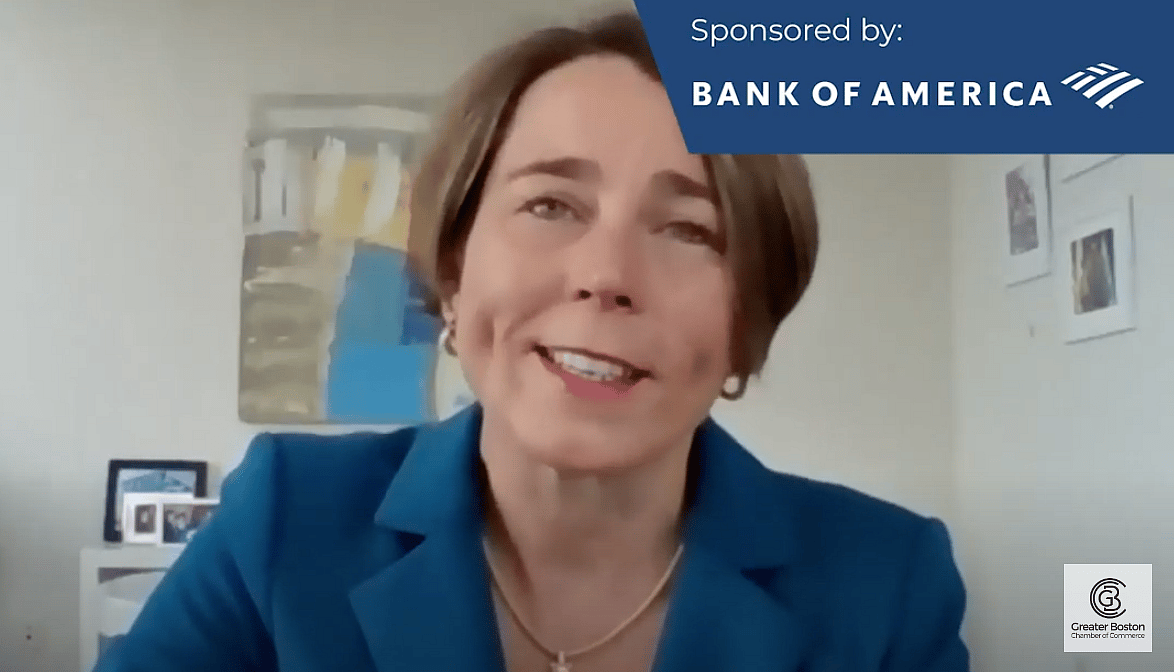
Around New England
Read More
Maura Healey Collects 10,000 Signatures Needed To Qualify For Primary Ballot
Tom JoyceMassachusetts attorney general Maura Healey cleared one major hurdle in her run for governor.
The Democrat has collected more than 10,000 signatures, as Politico reported on Wednesday morning. That's the number required for a candidate to make the September primary ballot. However, her signatures haven't been certified yet. Candidates have until May 10 to submit their signatures.

